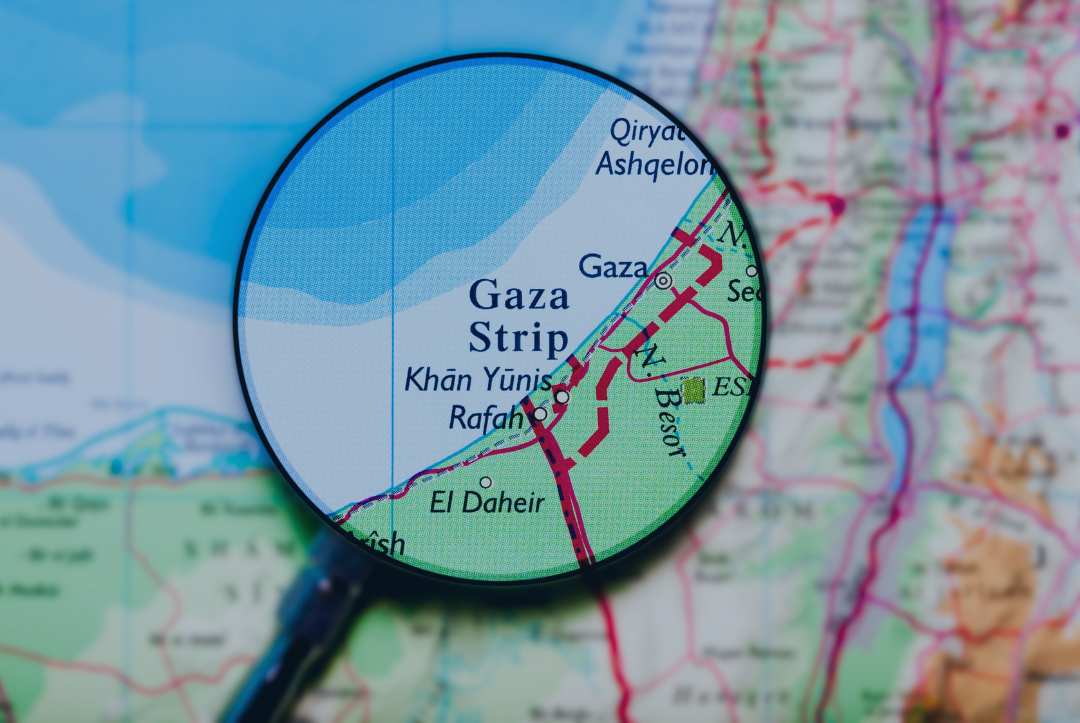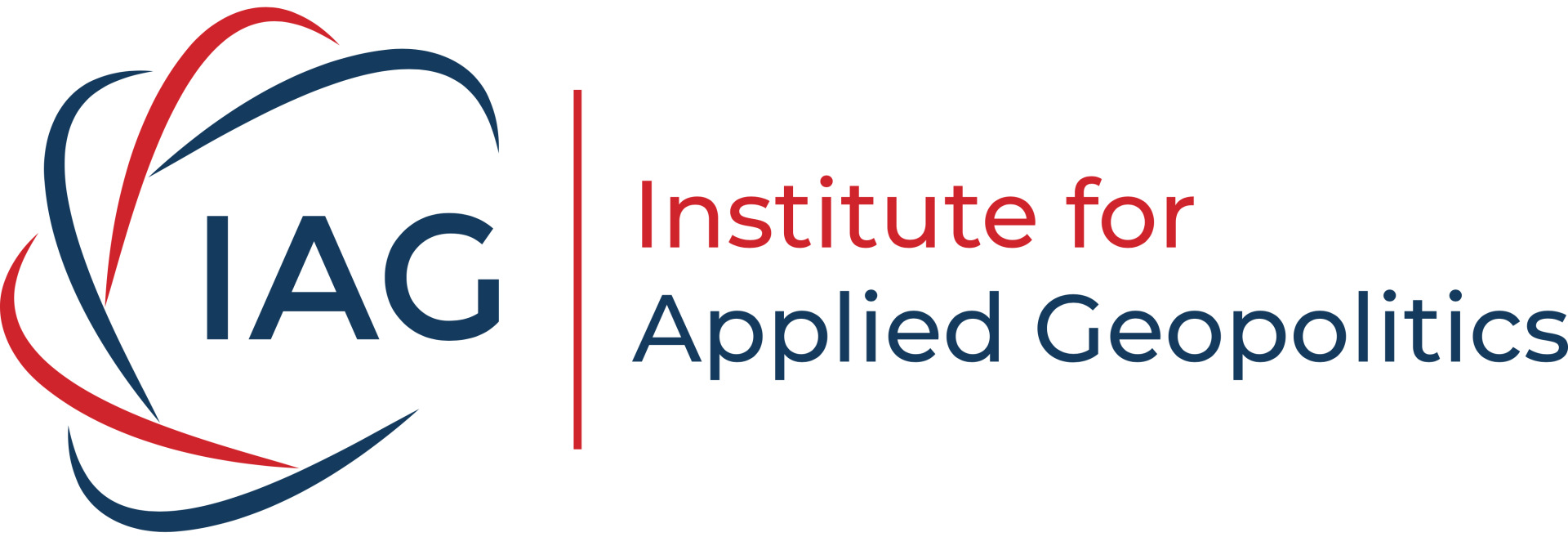From Gaza to the West Bank: Israel’s Escalation Fuels Regional and Global Fallout

Intelligence Summary
On August 20-21, 2025, Israel launched a major military escalation in Gaza, focusing on a large-scale offensive to seize Gaza City. The Israeli Defense Minister approved a plan to capture the city, which was described as the most significant military operation since the beginning of the conflict. The government authorized the mobilization of 60,000 reservists to support the campaign, signaling preparation for a prolonged and intensive ground operation. Reports indicated that Israeli forces began the first stages of the operation on August 20, with heavy bombardments targeting Gaza City and surrounding areas. Airstrikes and artillery fire killed at least 81 Palestinians in the initial phase of the assault.
The Israeli government framed the offensive as a decisive step to dismantle Hamas’ military infrastructure. However, the operation coincided with faltering ceasefire negotiations, which had been under discussion with international mediators. Diplomatic sources reported that talks collapsed as Israel pressed forward with its military campaign. The humanitarian toll quickly mounted, with images and reports documenting widespread destruction in Gaza City and civilian casualties.
Parallel to the Gaza offensive, Israel advanced a controversial settlement expansion plan in the West Bank. On August 20, an Israeli planning committee approved a project that would effectively divide the West Bank in half, connecting settlements in the E1 corridor near Jerusalem. Finance Minister Bezalel Smotrich described the plan as eliminating the possibility of a Palestinian state. International observers noted that the project would sever territorial continuity for Palestinians, further complicating prospects for a two-state solution.
The escalation in Gaza and the settlement decision triggered strong regional and international reactions. Iran warned that it would deploy more advanced missile systems if Israel attacks again, raising the risk of a broader regional confrontation. Meanwhile, public opinion in Western countries showed signs of shifting. A poll conducted in the United States indicated that a majority (59 percent) of Americans now support international recognition of a Palestinian state. In the United Kingdom, hundreds of business leaders issued a joint statement urging the government to take stronger action against Israel, framing the issue as a moral imperative.
Diplomatic tensions also deepened between Israel and key Western allies. Prime Minister Benjamin Netanyahu escalated criticism of Australian Prime Minister Anthony Albanese, accusing him of hostility toward Israel, which led to a sharp downturn in bilateral relations. Netanyahu also clashed with French President Emmanuel Macron, accusing France of antisemitism after Paris criticized Israeli settlement policies. The French government rejected the accusation, with Macron’s office reaffirming opposition to settlement expansion while denying antisemitic intent.
On the ground, the conflict in Gaza remained intense. Reports described Hamas fighters carrying out suicide attacks against Israeli military positions, while Israeli forces continued to expand their operations deeper into Gaza City. Maps and battlefield updates indicated heavy fighting across multiple fronts, with both sides sustaining casualties.
By August 21, the situation had escalated into a multi-dimensional crisis: a major Israeli ground offensive in Gaza, a controversial settlement expansion in the West Bank, heightened regional threats from Iran, and growing diplomatic rifts with Western allies.
Why it Matters
The Israeli escalation in Gaza and the simultaneous approval of a major West Bank settlement project represent a convergence of military, diplomatic, and geopolitical crises with far-reaching implications. At the military level, the decision to mobilize 60,000 reservists and initiate a full-scale assault on Gaza City signals Israel’s intent to pursue a decisive outcome rather than a limited operation. This raises the likelihood of prolonged urban warfare, which historically results in high civilian casualties and international condemnation. The reported death toll of 81 Palestinians in the first days of the offensive illustrates the scale of destruction that could follow.
Strategically, the offensive undermines ongoing ceasefire negotiations, effectively sidelining diplomatic channels in favor of military solutions. This approach risks entrenching the conflict further, as Hamas and other militant groups are likely to respond with asymmetric tactics, including suicide attacks and rocket fire. The reports of Hamas fighters conducting suicide operations against Israeli positions highlight the resilience of armed resistance despite Israel’s overwhelming military superiority.
The West Bank settlement expansion adds another layer of geopolitical significance. By approving a project that divides the West Bank, Israel is not only consolidating territorial control but also directly challenging the viability of a two-state solution. Finance Minister Smotrich’s statement that the plan erases the possibility of a Palestinian state underscores the ideological dimension of this policy. This move is likely to inflame tensions not only with Palestinians but also with international actors who continue to support a negotiated two-state framework.
Regionally, Iran’s warning that it will deploy advanced missile systems if Israel continues its offensive raises the risk of escalation beyond Gaza. Tehran’s involvement would transform the conflict from a localized confrontation into a broader regional security crisis. This possibility is particularly concerning given Iran’s missile capabilities and its network of allied groups across the Middle East.
Internationally, the conflict is reshaping alignments. The poll showing majority American support for Palestinian state recognition suggests a significant shift in U.S. public opinion, which could influence future policy debates in Washington. Similarly, the intervention of UK business leaders calling for stronger action against Israel reflects growing pressure on Western governments to reconsider their positions. These developments indicate that Israel’s traditional diplomatic support base in the West may be eroding, particularly as civilian casualties mount and settlement expansion continues.
The diplomatic clashes between Netanyahu and Western leaders further illustrate this trend. The deterioration of relations with Australia and the confrontation with France highlight Israel’s increasing isolation among its allies. Netanyahu’s accusations of antisemitism against Macron, and the French government’s firm rejection, suggest a widening rift that could have long-term consequences for Israel’s relations with the European Union.
The combination of military escalation, settlement expansion, and diplomatic fallout creates a situation where Israel risks overextending itself. Militarily, it faces the challenge of urban warfare in Gaza. Politically, it confronts growing international criticism and potential erosion of Western support. Regionally, it risks provoking Iran into direct confrontation.
For the broader international system, this development is important because it intersects with great power competition. The United States, already balancing commitments in Ukraine and Asia, may face increased pressure to recalibrate its Middle East policy. European states, divided over how to respond, may find themselves caught between supporting Israel and addressing domestic public opinion that increasingly sympathizes with Palestinians. Meanwhile, Iran could leverage the crisis to strengthen its regional influence, potentially drawing in Russia or China as diplomatic backers.
In sum, the Israeli escalation in Gaza and the West Bank is not an isolated conflict but a flashpoint with implications for regional stability, international diplomacy, and great power competition. The combination of military escalation, humanitarian crisis, and shifting international alignments underscore the deepening complexity of the conflict. This regional conflict has significant impacts globally, reshaping alliances, influencing public opinion, and altering the strategic calculations of major powers.
Key Actors
- Israel
- Hamas
- Palestine
- Iran
- United States
- European Union

